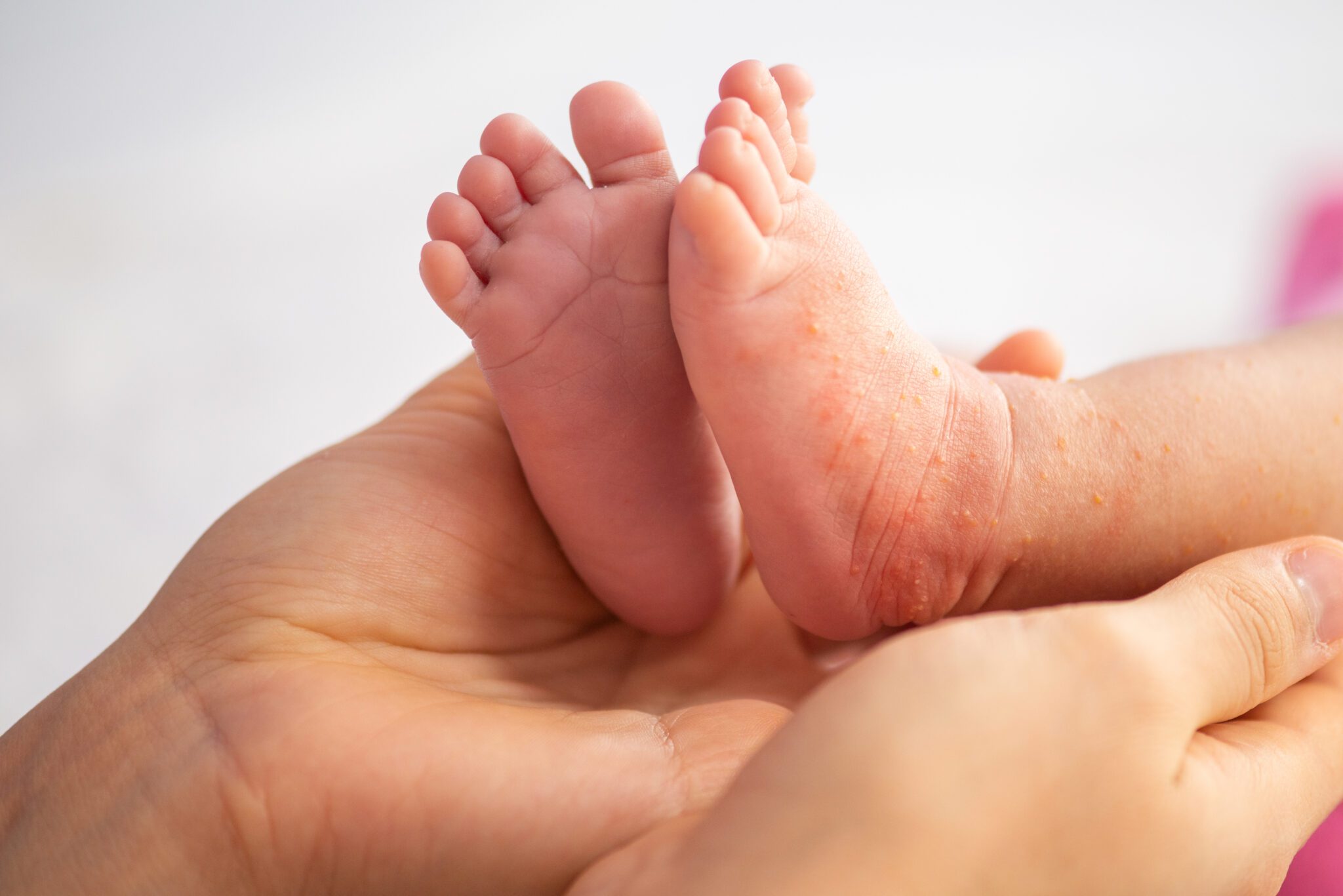A Curtin University-led study has identified the most critical risk factors linked to neonatal deaths worldwide, providing comprehensive evidence to help guide global efforts to save newborn lives.
Published in the Lancet’s eClinicalMedicine, the research team reviewed more than 60 studies published in the past 35 years, covering more than 50 risk factors for neonatal mortality – defined as a baby dying in the first 28 days of life.
It found strong evidence of conditions and factors that significantly increase the likelihood of neonatal mortality, covering maternal health and lifestyle factors (obesity, prenatal opioid exposure, anaemia, bleeding disorders), socioeconomic and environmental factors (maternal age, low occupational status, arsenic exposure), neonatal factors (preterm birth, delayed breastfeeding, low birthweight) and protective factors (antenatal care, health facility delivery).
Lead author and Curtin PhD candidate Bereket Kefale said the analysis not only consolidated risk factors for neonatal death but evaluated the strength of evidence for each.
“Many factors were supported by strong evidence,” Ms Kefale said.
“For example, babies born with low birthweight face more than 15 times the risk of dying compared to those born at a healthy weight, babies born preterm face up to seven times higher risk, delaying breastfeeding by more than 24 hours after birth increases the risk by 60 to 70 per cent, while mothers who receive antenatal care can reduce the risk of losing their baby by up to 85 per cent.
“These are staggering numbers, but they are also clear, actionable areas where change could save countless lives.”
Senior author and co-Head of the Curtin School of Population Health’s Epidemiology Research Lab Associate Professor Gizachew Tessema, said the results underscore the urgent need to strengthen maternal and newborn health services worldwide.
“This review can be used as a roadmap for governments and health organisations to prioritise resources and interventions to save newborn babies’ lives,” Associate Professor Tessema said.
“By ensuring equitable access to quality prenatal, skilled delivery and neonatal care, our research indicates the potential for improvements is significant.
“We also recommend addressing preventable exposures such as obesity, smoking and opioid use during pregnancy and tackling maternal health conditions such as anaemia, hypertensive disorders and bleeding disorders.
“These are preventable and treatable issues – if we get this right, the impact will be profound across the globe.”
‘Risk factors for neonatal mortality: an umbrella review of systematic reviews and meta-analyses’ was published in eClinicalmedicine.


